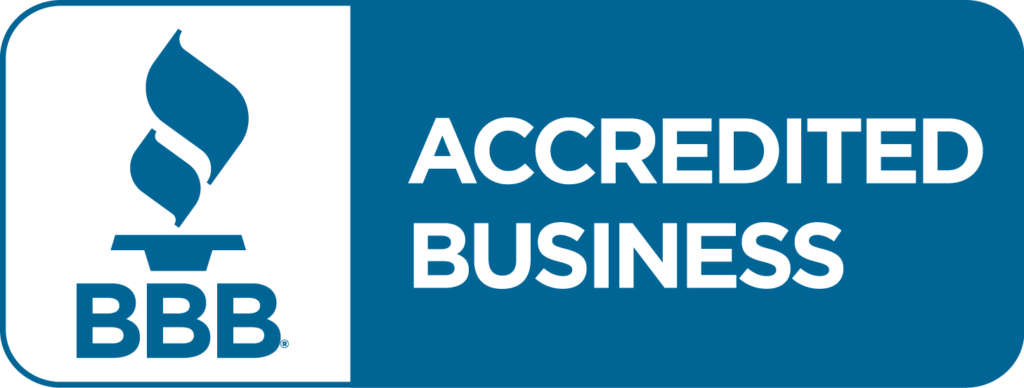When inheriting a property, one of the first questions likely to come to mind is “How much is it worth?” Depending on the property type there may be easy ways to track down the answer, but there are a few things to consider as you decide on your next steps.
Commercial vs. Residential
If you are inheriting a residential property, searching the internet can help you get an assessment of market value and potential sale price. In the last few years, sites like Redfin and Zillow have become increasingly accurate, often ending up within a few thousand dollars of the price a realtor might recommend.
The assessments aren’t perfect. The algorithms focus on comparable sales in the area and may not consider unique aspects of your property. For example, if the home you are inheriting needs major repairs or recently underwent renovations the price could be significantly higher or lower. If selling the property is a priority, a realtor will be the best source for a realistic price.
If you are inheriting a commercial property, engaging an expert who specializes in commercial property is a must. Commercial real estate is harder to assess because comparable sales are far less frequent and specific conditions of a property can make comparing any two deals difficult. A commercial realtor who specializes in your type of property can give you a good idea of current market conditions and reasonable pricing.
Costs
More than other assets you might inherit, a home or a building will likely have costs in preparing it for sale. If the property has any debt attached to it, it is important to communicate with the lender to make sure payments are up to date and to keep the loan from defaulting. Since you will have to pay off the debt as a condition of the sale, it will be valuable to keep late fees and expenses to a minimum.
An expense that is often overlooked when dealing with inherited real estate is property tax. While many residential mortgages will include an escrow payment to cover the cost of property taxes and insurance, that is not always the case. It will be important to find out how much property tax is owed as that will also need to be paid up as a condition of any sale.
Aside from the specific real estate costs, you may also have the expense of probate and inheritance taxes, depending on where you live. Typically, with an estate, any taxes are due within 9 months of the owner passing away. Working with a probate attorney and an accountant can help you minimize those costs.
For beneficiaries who need access to capital more quickly, an inheritance advance can be a great solution for tapping into the value of property that is still in the preliminary stages of the probate process. If you’d like to find out more click here.
Here are some other articles you may find helpful:
Boomer Inheritances a Boon to Millennials (Mostly)
Can I get Another Inheritance Advance?
How Best to Handle an Inheritance During an Economic Downturn
Inheritance Advance vs Bank Loan
